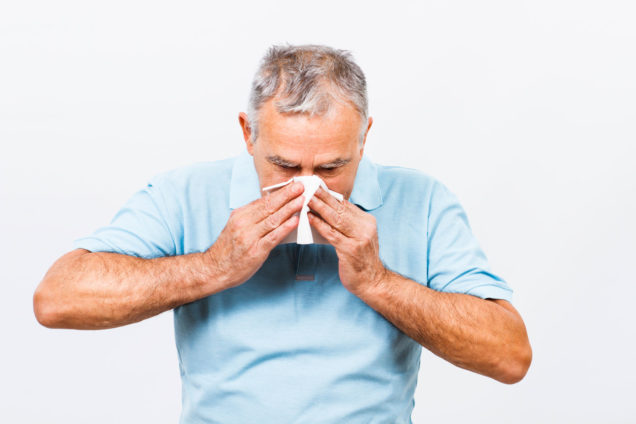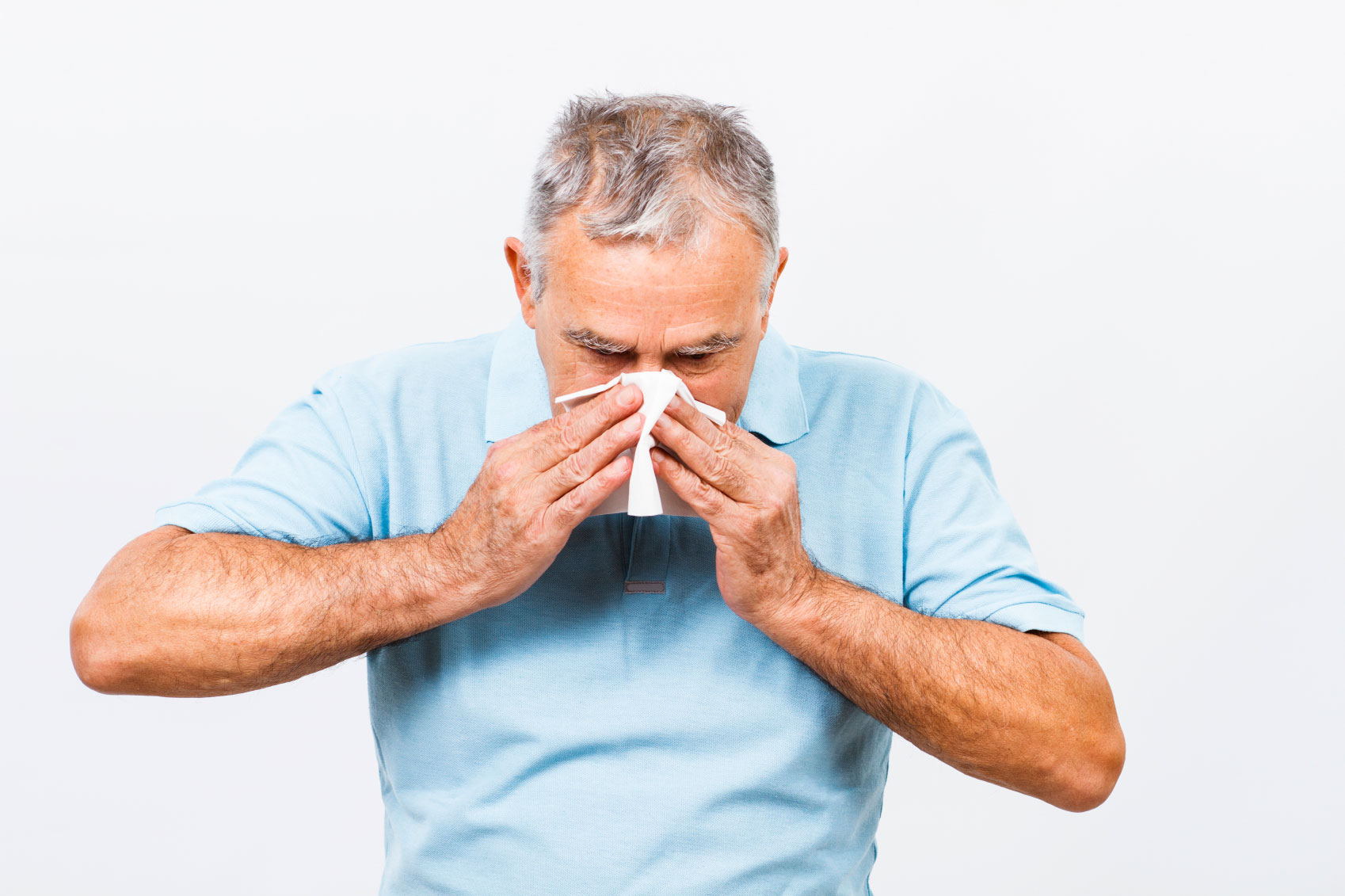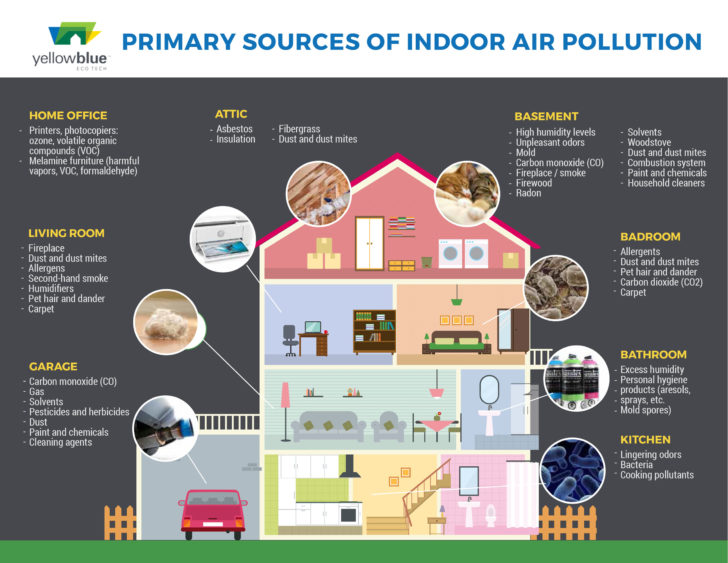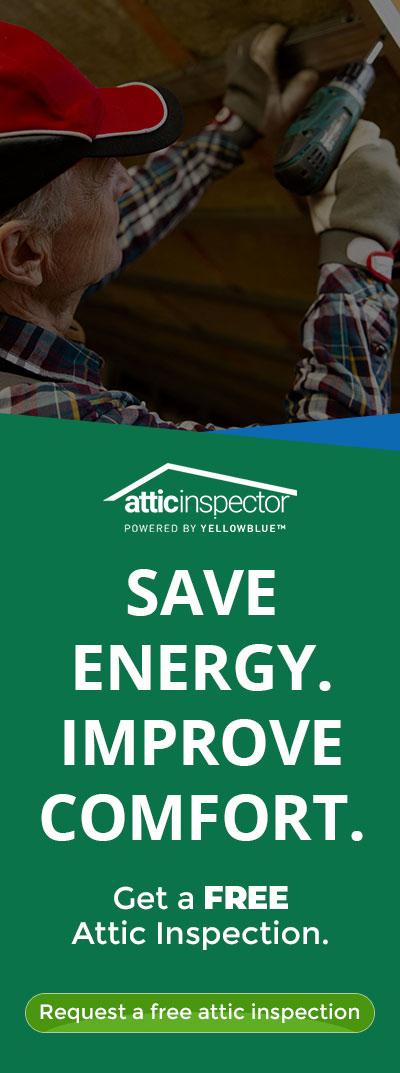The struggle is real and there is no safe place. Can you be allergic to your home? When experts are calling allergy season 2017 one of the most “horrible” in recent years, it’s certainly possible.
Anyone who’s been suffering with the scratchy eyes, sore throat and endless sneezing knows its true. In a report by US News, experts in Vermont say a number of factors, including climate change, have contributed to the issue.
Allergist Dr. Betsy Jaffe told the Burlington Free Press that this pollen season may be the worst she’s seen in two decades of practice. And it doesn’t stop there.
In a country where one in five people suffer from either allergies or asthma, this so-called allergy “season” has packed a powerful punch that doesn’t check itself at your front door.
It’s the last place you might imagine you’d have to protect yourself. Indoor air pollution is much more common than the average homeowner realizes.
Yet, there is an entire division of the Environmental Protection Agency solely committed to providing homeowners with information on how air pollutants in your home could be putting you at risk and resources for what you can do about it.
Can you be allergic to your home?
The short answer is yes.
As outlined by the EPA, the list of indoor air pollutants is surprisingly lengthy. Obvious irritants, like fuel-burning appliances and tobacco products, biological contaminants like bacteria, mold, mildew and dust mites are not only common, they’re everywhere in the home.
Contributing factors that make matters worse include high levels of moisture and inadequate ventilation.
In general, EPA experts suggest it is important to consider how much a pollutant emits for how long and how hazardous the emissions are. Building materials, furniture and household products, for example, release pollutants more consistently than intermittent sources like smoking or failure to fix a broken stove or space heater.
Can you improve indoor air quality?
The short answer to this question is also yes.
There are all sorts of precautionary measures we can take to protect ourselves. Using common sense is one of them. Educating yourself and and starting small can make a big difference. It can be as simple as buying chemical-free paints and cleaning products.
Beyond that, you can protect yourself by getting to know your home a little better. What is it in the air that is irritating your sinuses or making you cough more than normal?
Do-it-yourself radon indoor air quality test kits are relatively inexpensive. And they can be obtained online or from most home improvement retailers. Indoor air quality testing for radon is incredibly important since it is a colorless, odorless, radioactive gas.
The EPA provides resources to help you interpret your results, as well as offer insight on what you can do if you find higher than recommended radon levels for your region.
Indoor air quality solutions
Some of the biggest offenders causing you to be allergic to your home are things a lot of us wouldn’t even think about. Building materials and furnishings. Newly installed flooring. Household cleaning products and biological contaminants like viruses. Even animal dander falls into this category.
In the case of indoor air pollutants, a fear of the unknown could be costly for your health.
Instead, be proactive in your fight against what you can’t necessarily see by installing a home air purification system. Systems like RENUAIRE by Yellowblue offer increased protection from indoor irritants by providing effective and long-lasting residual cleaning of inorganic matter in the air and on surfaces.
The natural, chemical-free and environmentally friendly purifier puts environmental probiotics to work. Billions of probiotics are intermittently released into the air, consuming organic pollutants like pollens, dust mite waste and pet dander.
Sources of indoor allergies range from home improvements, to our furry friends, to outside contaminants that make their way inside.
The time is now to take the same action that we’ve dedicated to outdoor air pollution. Apply it to solving indoor air pollution concerns and fight off allergens.
Contact Us
Thankfully, there are ways to fight back. Now, you can take control of the air quality in your home and workplace.
Yellowblue Eco Tech provides innovative eco technologies, including probiotic air purification systems and solar fans, to help improve indoor air quality.
To learn how reduce indoor air pollution and improve overall air quality, contact an independent authorized Yellowblue dealer today.





